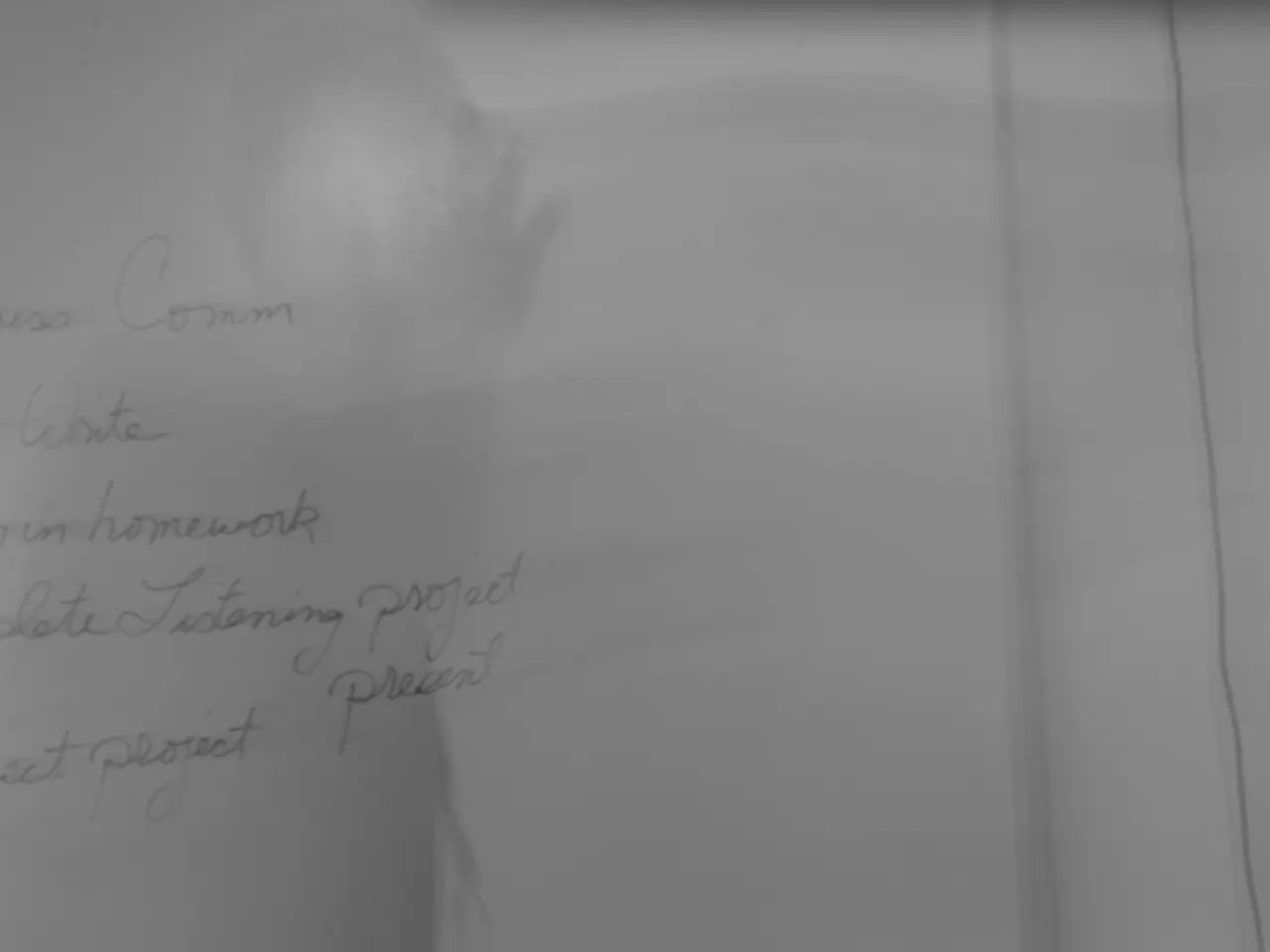Immigrant wait times in the U.S. reach record levels, with potential implications for Indian H-1B professionals and Green Card hopefuls.
The U.S. immigration system is currently grappling with a backlog crisis, affecting high-skilled Indian professionals in significant ways. With over 11.3 million pending applications as of mid-2025, the system is experiencing delays in visa extensions, green card renewals, and processing times, causing uncertainty and potential legal vulnerabilities.
Visa Extensions and Status Maintenance Challenges
Indian professionals on H-1B visas face difficulties in obtaining timely visa extensions or changing status due to visa retrogression and processing delays. The queue lengthens, partly because of per-country caps and systemic processing delays, making renewals or extensions uncertain and sometimes forcing individuals to live in a state of "limbo." This limbo affects personal decisions like housing, travel, and family planning.
Green Card Renewals and Retrogression
The backlog severely affects the EB-2 and EB-3 employment-based green card categories for Indians, with retrogression pushing wait times potentially to many years or decades. Even historically current categories such as EB-1 have seen setbacks. The long waits inhibit high-skilled professionals from obtaining permanent residency, restricting benefits such as job mobility and the ability to access certain social services.
Potential Loss of Immigration Status
With delays and uncertainties in processing, Indian professionals risk falling out of status if their visa extensions or change of status applications cannot be adjudicated timely. This can create legal vulnerabilities with possible work interruptions or deportation risks, despite employment authorization programs aimed to mitigate this. The backlog also causes emotional and financial stress within affected families.
Broader Impacts on U.S. Economy and Innovation
The inability of high-skilled Indian workers to obtain timely visa renewals and green cards affects U.S. companies (especially in tech, healthcare, and research) by limiting access to critical talent pipelines, causing potential lost productivity and reduced global competitiveness.
In summary, the large immigration backlog has created a precarious situation for high-skilled Indian professionals where extended wait times for visa extensions and green card renewals lead to legal uncertainties, risks of status loss, and personal and professional disruptions, while also impacting the broader U.S. economy and innovation sectors.
The delay in green card processing for Indian nationals is due to exceeding demand and unavailability of green card numbers. Employment visas now take 25% longer to process compared to the previous quarter, reflecting an 80% increase year-over-year. USCIS is also making it difficult for consulting companies to file H-1B visas, and a majority of the Indian tech force on H-1B are hired by tech consulting companies.
Immigration attorneys suggest using premium processing where available, planning ahead and applying early, exploring alternative visa options or country-specific programs, staying informed, and documenting all correspondence in case legal support is needed. The backlog crisis may undermine the country's global competitiveness, and experts argue that it is not just a product of volume but of policy choices and institutional neglect.
- The prolonged immigration backlog, particularly affecting high-skilled Indian professionals, has led to uncertainties and potential legal vulnerabilities in areas such as education and self-development, as delays in visa extensions and green card renewals can impact personal decisions like furthering one's career development.
- Policy-and-legislation changes and political debates surrounding immigration policy have contributed to the backlog crisis, as employment-based green card categories like EB-2 and EB-3 for Indians face long wait times and retrogression, potentially causing career-development setbacks for high-skills professionals and hindering their acquisition of vital skills-training.
- General-news outlets and advocacy groups have reported on the importance of addressing the backlog in order to support the U.S. economy and innovation sectors, as the delay negatively impacts Prospective employees and companies in tech, healthcare, and research industries by limiting access to critical talent pipelines and affecting their ability to compete globally.






